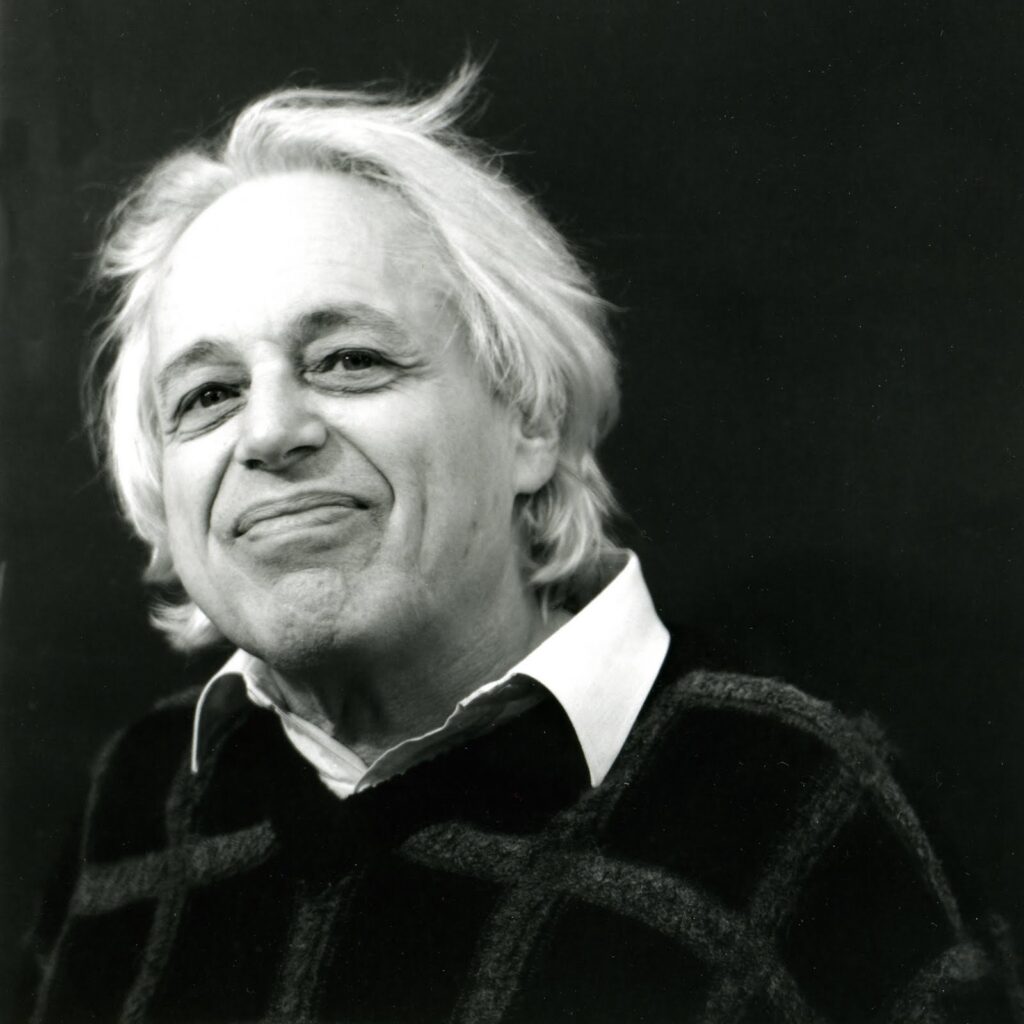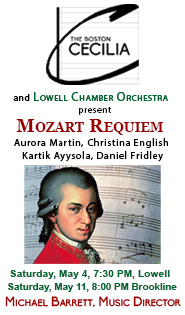BSO and friends open Ligeti festival with a mixed array of chamber works
When it comes to music of the last century, the word “original” is often overused or misapplied. Yet with György Ligeti, hardly any other adjective will suffice. The visionary Hungarian composer was not just an archetype of the post-World War 2 avant-garde, but a singular voice from the epoch.
That point came across strongly on Monday night in an all-Ligeti concert at Symphony Hall that was part of the Boston Symphony Orchestra’s weeklong “Ligeti 100 Celebration,” marking this year’s centennial of the composer’s birth. Showcasing vocal and instrumental works written between 1953 and 1970, the program featured performances by musicians mostly associated with New England Conservatory.
The earliest selection, the String Quartet No. 1, was the night’s most conventional. Completed in 1954, it traffics in a style not far removed from that of Bartók’s folk music-inflected efforts in the genre, though Ligeti’s writing often charts its own course.
Monday’s performance by the Meraki Quartet would likely have benefited from a more intimate venue. It was commendably in tune and, from the looks of things, tightly unified, neither of which are insignificant accomplishments.
But many of its subtle details were lost in the vastness of Symphony Hall. Gradations of quiet dynamics, for instance, needed to be executed more consistently, individually and corporately, to successfully fit the space; too many inward sections of the Quartet were simply inaudible.
Similarly, many of the music’s folkish, rhythmic episodes didn’t feel quite so rooted or earthy as they needed to. While the results were peripatetically vigorous and sometimes quite lovely—the Adagio mesto was wonderfully atmospheric, the waltz winningly cheeky, and the Prestissimo boasted a terrific buzz—the larger effect underwhelmed.
More convincing was the night’s account of Ligeti’s Chamber Concerto.
Given that this ferociously complex and intricate score appeared just over fifty years ago, it’s astonishing that a student group should undertake it – let alone do it justice. Yet [nec]shivaree did more than attempt the feat; they accomplished it, and brilliantly.
Led by BSO assistant conductor Samy Rachid, the thirteen players offered a reading that was warm and fluent. Though, again, the music’s softer dynamics periodically needed a sharper focus, the contrasts of volume and texture were strongly etched and the music’s insouciant character came across readily: the squawking attacks at the climax of the third movement were thrillingly on-point, as were the finale’s wild piano and double-bass solos.
Similarly bracing was the night’s pairing of Aventures and Nouvelles Aventures. Premiered in 1964 and 1966, respectively, both works demonstrate Ligeti’s enthusiasm for absurdist theater (a trend that ultimately culminated in his opera, Le grand macabre). In both of these scores, a trio of singers accompanied by an instrumental septet engage in a dramatic scenario that involves everything but words and plot: instead there are phonemes, vocalises, laughter, breathing patterns, and the like.
On Monday, soprano Nina Guo, mezzo-soprano Thea Lobo, and baritone Corey Gaudreau navigated both works’ bewildering mixture of grunts, bellows, heaves, and assorted exclamations with vitality and precision. Their contributions offered a fascinating study of shifting sonorities and sonic possibilities.
At the same time, the combination of voices and instruments—Stephen Drury led Callithumpian Consort in playing that was rhythmically secure, blazingly colorful, and finely balanced—painted a portrait of otherworldly, eerie, and sometimes inanely funny worlds: at one point in Aventures, Gaudreau’s character suddenly offers the verbal outlines, but not quite the exact pronunciation of, a short string of vulgarities. At another, the percussionist thwacks a throw pillow with a drumstick.
What’s going on? What does it all mean? Who knows. On this night, though, it was impossible to look away.
The same questions and answer apply to Ligeti’s Poème symphonique, which closed the concert. Scored for 100 metronomes, this is the definition of an unrepeatable, one-off concept and composition.
That said, it is a work of unsettling timeliness: read into that mechanistic din whatever you will. Moreover, its musical properties are potent—which makes one pity the dozen or so concertgoers who got the effect and left by the fifteen-minute mark of Monday’s roughly twenty-five-minute-long reading.
Poème’s payoff comes over those last ten minutes, as textural, rhythmic, and, finally, a kind of spiritual catharsis take hold. There’s even (as in the four earlier numbers on the program) a certain whimsy that materializes: which will be the last metronome to tick? Where in the hall is it placed? When will it stop?
In this, Ligeti was channeling, more than anyone else, his quasi-Hungarian predecessor Franz Josef Haydn. With both composers, you never know quite what’s going to happen or when the music will end. That’s a potent combination of musical creativity and drama—and a neat reminder that originality, as we regularly have it, is frequently about subterfuge as much as it is invention.
Stephen Drury plays excerpt from Book 1 of Ligeti’s Études for piano; Lilit Hartunian, Sarah Sutherland, and Yukiko Takagi, perform Ligeti’s Trio for violin, horn, and piano at 7:30 p.m. Wednesday at the Goethe-Institut Boston. bso.org
Posted in Performances




Posted Nov 14, 2023 at 1:40 pm by David Billo
Monday night’s performances were as entertaining as anything I’ve experienced at Symphony Hall—-or anywhere. Each piece so different from the next and it seemed that the musicians and audience all were excited, surprised, and pleased to be part of it.
What a wonderful and unexpected event. Thank you!